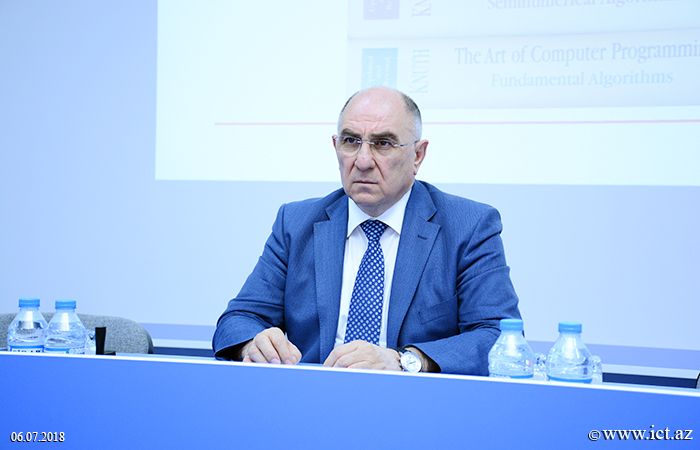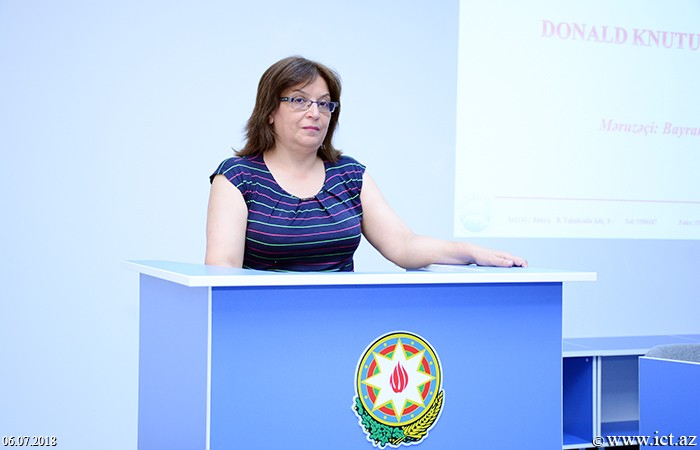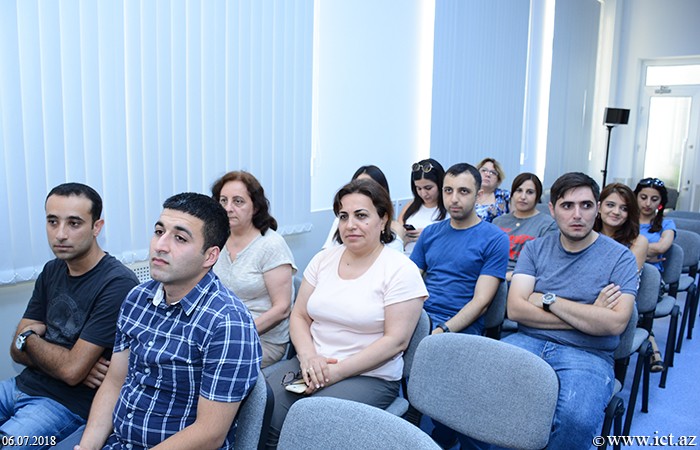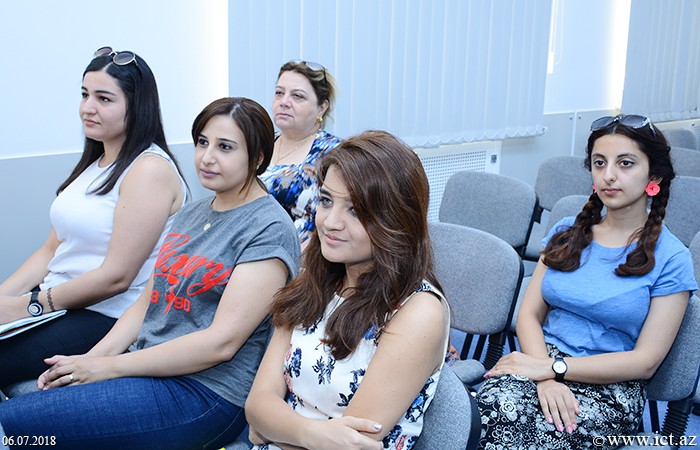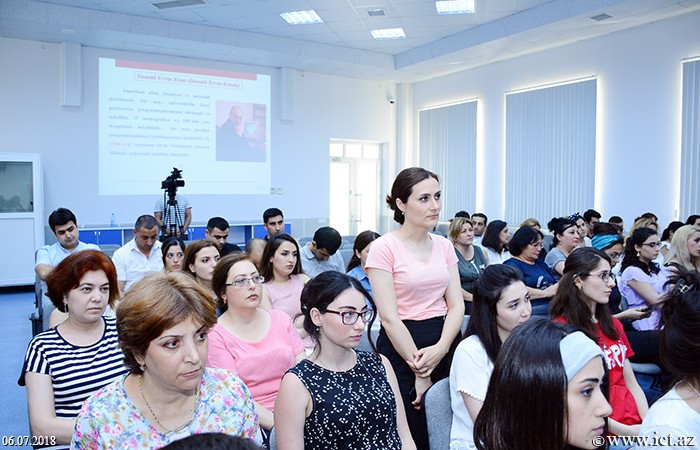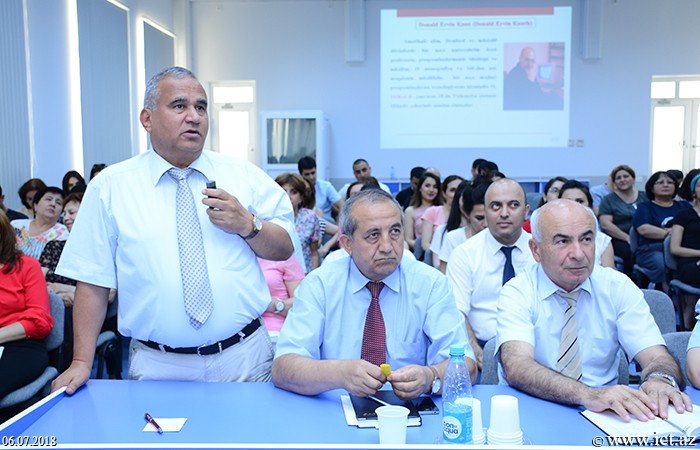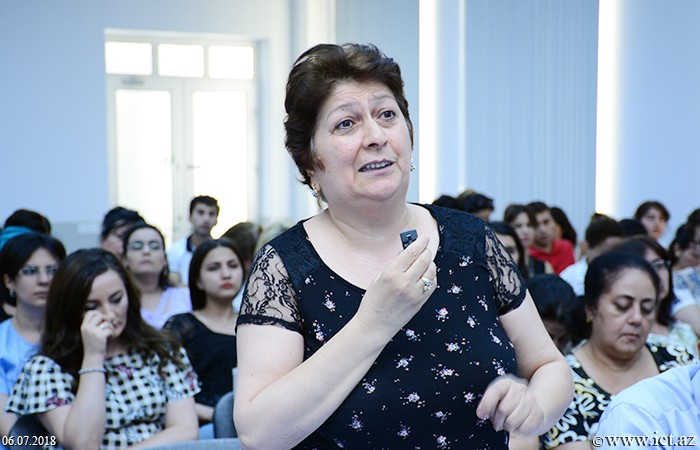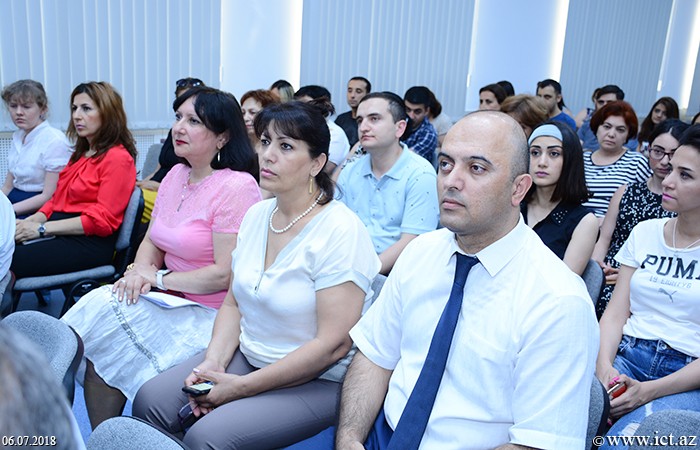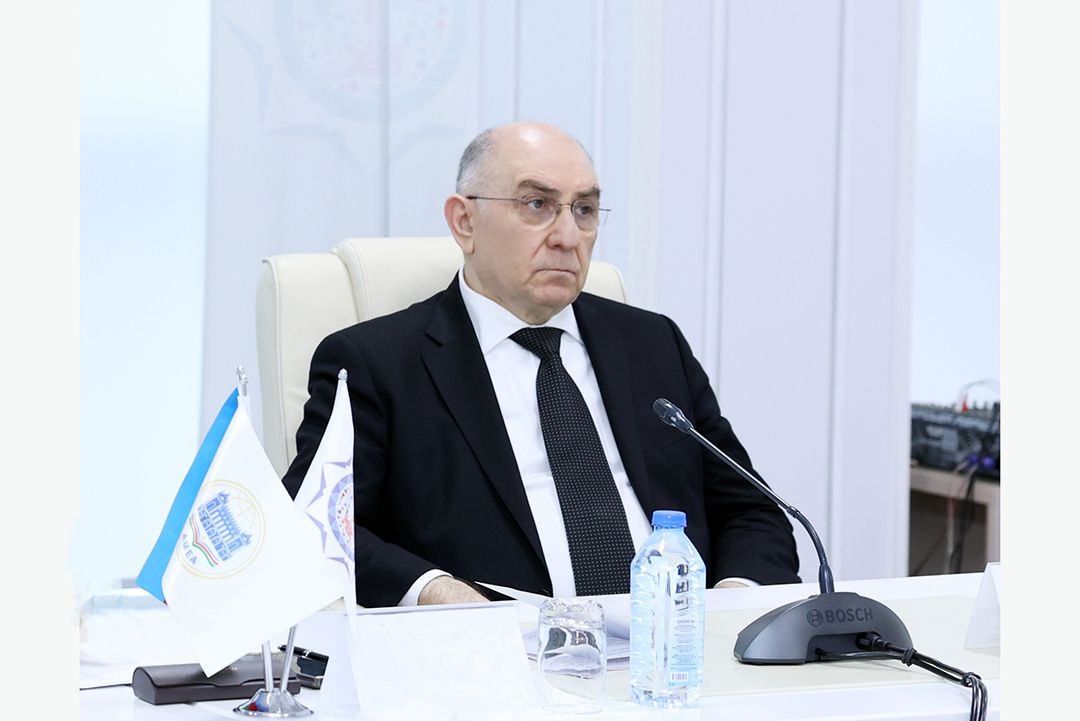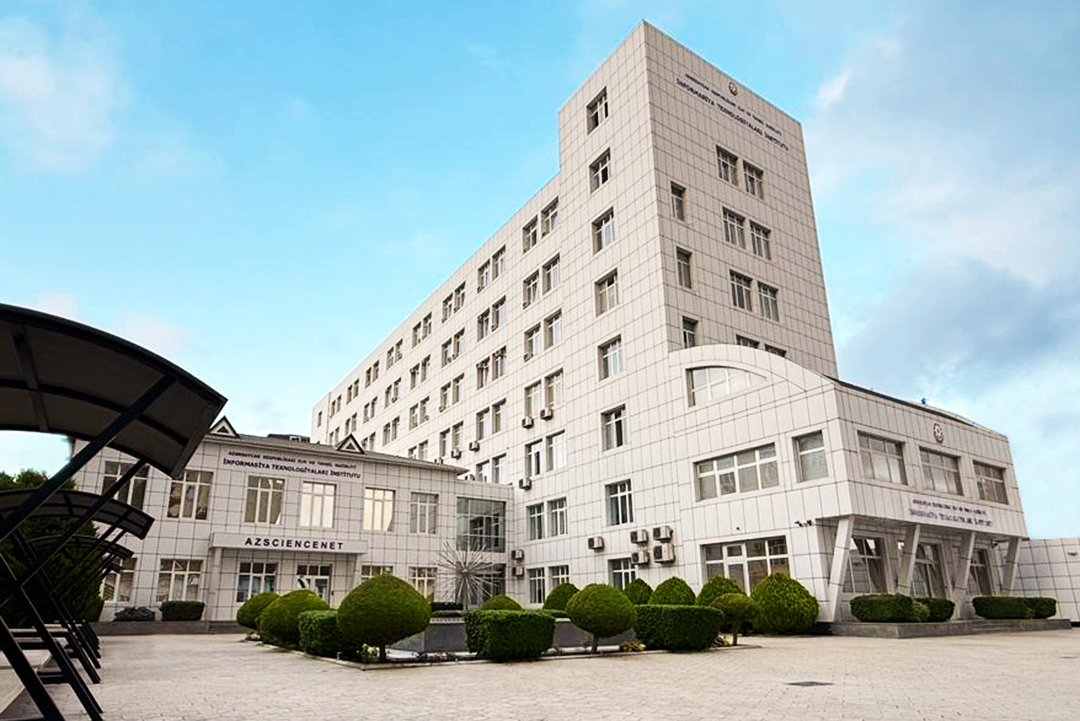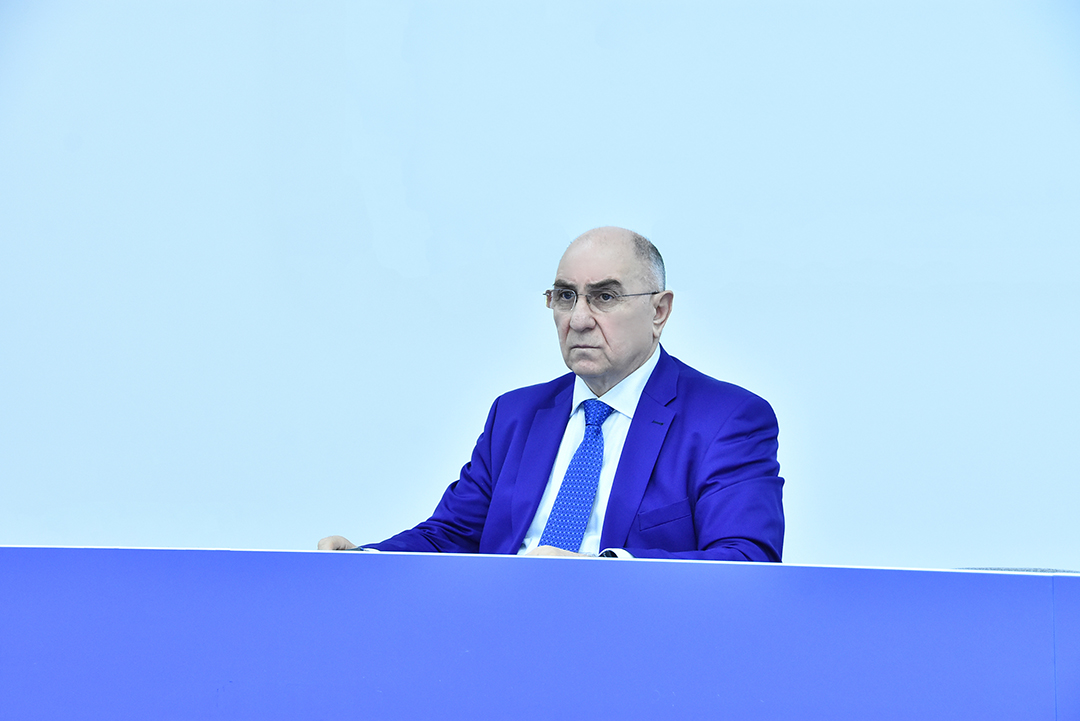NEWS
A presentation on the scientific heritage of world-renowned scientist Donald Knuth
The Institute of Information Technology of ANAS hosted an event dedicated to the scientific heritage of world-renowned scientist Donald Knuth. Academician-secretary of ANAS, director of the institute, academician Rasim Alguliyev said that the study of life and activity of prominent scientists is one of the main task of the every researcher in every field of science: Especially young researchers, need to be closely acquainted with the scientific creativity of well-known scientists and must actively participate in public awareness in this direction."
Academician R. Alguliev noted the necessity of listening to lectures on the scientific activities of academics that have special services in the development of information and communication technologies worldwide.
Then the chief specialist of the institute Tamilla Bayramova presented a report on Donald Knut's scientific heritage. He is the Honorary Professor of Stanford University, The Ideologist of Programming and Teacher, author of 19 monographs and more than 160 articles, an American scientist and author of several popular programming technologies.
Donald Knuth was born on January 10, 1938) in Milwaukee, Wisconsin. In 1963, with mathematician Marshall Hall as his adviser, he earned a PhD in mathematics from the California Institute of Technology. After receiving his PhD, Knuth joined Caltech's faculty as an associate professor.
Knowledge of his computing expertise was so well established by 1962 that, although he was still a doctoral student at the time, Addison-Wesley approached him and asked him to write a text on compilers. He began that project in the summer of 1962.
For his quite remarkable contributions Knuth has received many honours - far too many to be mentioned in an article of this length. Let us just list a small selection. He was the first recipient of the Grace Murray Hopper Award from the Association for Computing Machinery in 1971; he was elected a Fellow of the American Academy of Arts and Science in 1973; in 1974 he won the Alan M Turing Award from the Association for Computing Machinery; he was elected to the National Academy of Sciences in 1975; in the same year he won the Lester R Ford Award from the Mathematical Association of America; he was awarded the National Science Medal in 1979 (presented to him by President Carter); he was elected to the National Academy of Engineering in 1981; he was elected an honorary member of the IEEE in 1982 and awarded their Computer Pioneer Award in the same year; he was awarded the Steele Prize for Expository Writing from the American Mathematical Society in 1986; he was awarded the Franklin Medal in 1988; he was elected to the Académie des Sciences in 1992; he was awarded the Adelskold Medal from the Swedish Academy of Sciences in 1994; he was awarded the John von Neumann Medal from the IEEE in 1995; and the Kyoto Prize from the Inamori Foundation in 1996.

